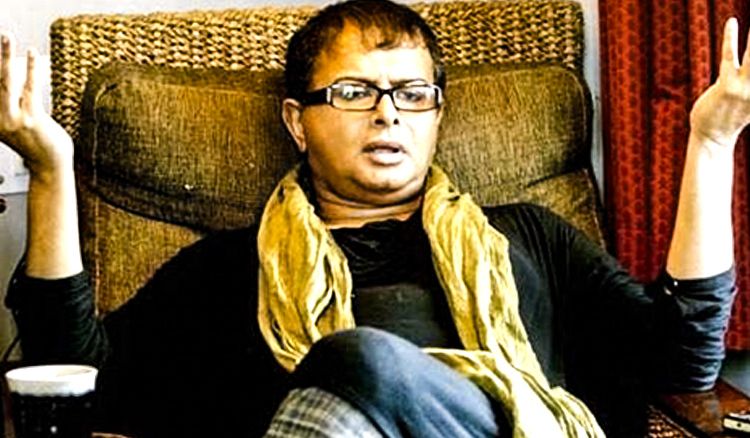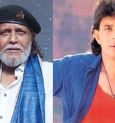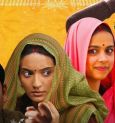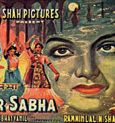Rituparno Ghosh, often referred to as the most innovative filmmaker in the 90s and a director who was way ahead of his time, deserves the credit for the current Renaissance of Bengali cinema. Popular Bengali filmmakers of today such as Koushik Ganguly, Anjan Dutt, and Srijit Mukherji were inspired by Rituparno’s work. Their contribution has now brought back the elite days of Satyajit Ray and Mrinal Sen movies. And Ritupoarno was definitely the pioneer of this process.
With Rituparno, Bengal once again returned to the map of international film awards. Today’s new age directors have managed to create a niche multiplex audience who after a long time rediscovered the enriched culture of Bengali literature, especially poetry. The seeds for this were sown by Rituparno through his films. On this great man’s death anniversary it seems apt to acknowledge the fact that he achieved an admirable fusion between high art and commercial success which only a few film-makers in Bengal enjoyed with such consistency.
Rituparno’s films showed us glimpses of Satyajit Ray and Mrinal Sen. With “Bariwali”, we can draw a parallel with Mrinal Sen’s “Khandar” and “Akaler Sandhaane”. On the other hand, with “Andarmahal” and “Sob Charitra Kalpanik”, we can draw parallels with Satyajit Ray’s “Debi” and “Charulata”. Rituparno didn’t just use cinema to depict intellectual culture; he was very particular about upholding the image of our idiosyncratic society. The elaborate focus on costumes, jewellery, designs, and life styles give us a peek into the societal norms prevalent in the period that he based his movies on.
In his films, he was always known to carry on the patronage of Rabindranath Tagore. His usage of Tagore songs and poetry were not only apt but also subtle. His love for Tagore is very much pronounced in the way he used poetry in Brajabuli language in “Raincoat”, like Tagore has used in “Bhanushingher Padabali”.
Rituparno defied tradition and started cross dressing and openly speaking about same sex relationships, which showed how ahead he was of his time. In a world where everybody hid in the closet, he came out of it wearing women’s clothes. Just like Lilly Elbe, the feminine persona that Eddie Redmayne has created so vividly and unforgettably in “The Danish Girl.”
People enjoyed his talk shows and his views broke many entry barriers. We salute this legend on his death anniversary.
 বাংলায় পড়ুন
বাংলায় পড়ুন














